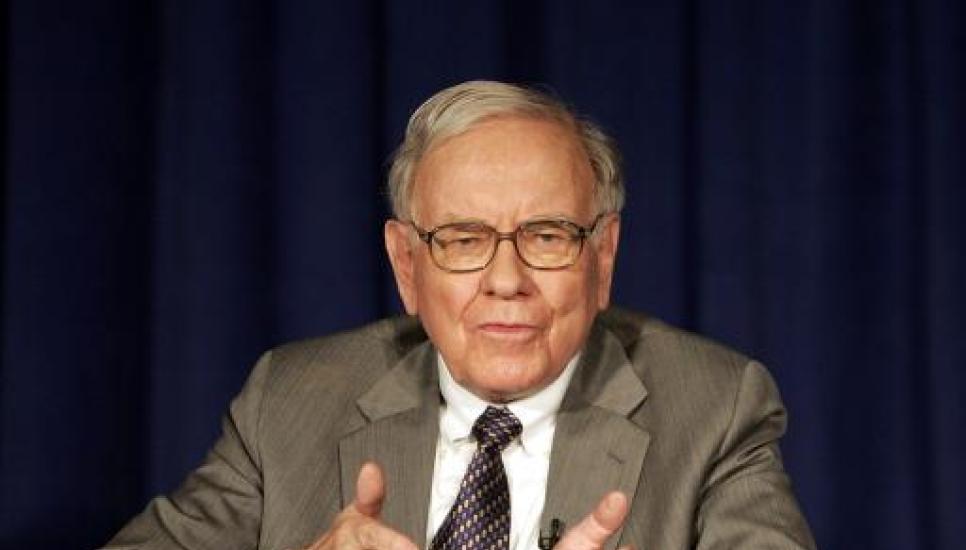Berkshire Hathaway offers long-term alternative for family offices

Shares in US holding company Berkshire Hathaway could provide an “interesting alternative” for family offices that are currently turning to private equity funds and direct deals for long-term returns, a private investment adviser says.
Last week voting stock in the company, headed by Warren Buffett, surpassed $200,000 a piece. The next most expensive stock on the US market is Seaboard Corp, says financial data company FactSet, selling for a meagre $2,883.
Many companies split stock – increasing the number of shares while reducing their individual value – to appeal to a greater range of investors, who may not necessarily have hundreds of thousands of dollars to spend on one company.
But Buffett, one of the world's wealthiest individuals, has said the high price of Berkshire Hathaway stock inhibits speculative trading, and attracts an elite form of investor that is more likely to share his long-term investing strategy. Family offices are renowned for their long-term investment horizons.
Charlotte Thorne, co-founding partner at private investment advisory Capital Generation Partners, said many families turn to private equity funds and direct investing to secure long-term returns.
“Families should make use of this edge that they have over other investors, but neither [private equity funds or direct investing] is easy,” Thorne said, adding that Berkshire Hathaway provided an interesting alternative to achieving “very long-term exposure to equities”.
“A private equity fund might have a three- to five-year timeframe, whereas the Warren Buffett mantra is that if you would not be comfortable being invested in a stock for 10 years you should not be invested in it for 10 minutes.”
Thorne added that investing in private equity funds could come with high fees, while direct investing could have significant, and often hidden, complexity and risk “that can be underestimated”.
Switzerland-based investor and managing partner at Aquamarine Capital Guy Spier agrees with Buffett's assertion that the company's high stock price will attract a superior, long-term investor.
Spier is the author of The Education of a Value Investor, a biographical look at how he built his fortune following in the footsteps of Buffett – due for release in September. His single family office is invested in Berkshire Hathaway.
“We know in particular that there is a class of investors who get excited about stock splits - even though they do not change the value of the business or achieve anything else substantive,” Spier says, adding: “By not catering to that group, Berkshire already makes significant strides in that direction of having a higher quality shareholder base.”
Spier, who in 2007 paid $650,100 at a charity auction for lunch with Buffet, says Berkshire Hathaway is a great investment for family offices: “When you buy a share of Berkshire, you are entering into a partnership with the world's best investor.”
Spier adds that Buffett had attracted “an incredible group of people” to Berkshire Hathaway; however, others raise concerns about succession plans at the company.
Oleg Nikityuk, investment adviser at Oracle Capital Group, states, “More than any other large company, the fortunes of Berkshire Hathaway are inextricably intertwined with one individual.”
While Nikityuk praises the long-term outperformance of Berkshire Hathaway, he says the cosmetics of a highly-priced share “tell an investor nothing”.
Nikityuk says provided there is enough liquidity in a company's stock its price shouldn't be a factor for consideration by high net worth investors.
Thorne added that family offices didn't necessarily have to invest in Berkshire Hathaway to take on board some of Buffett's lessons. “One of them is that families should recognise their long term investment horizon as an edge that they have over other investors and start to use it in their investment decisions,” Thorne said.






